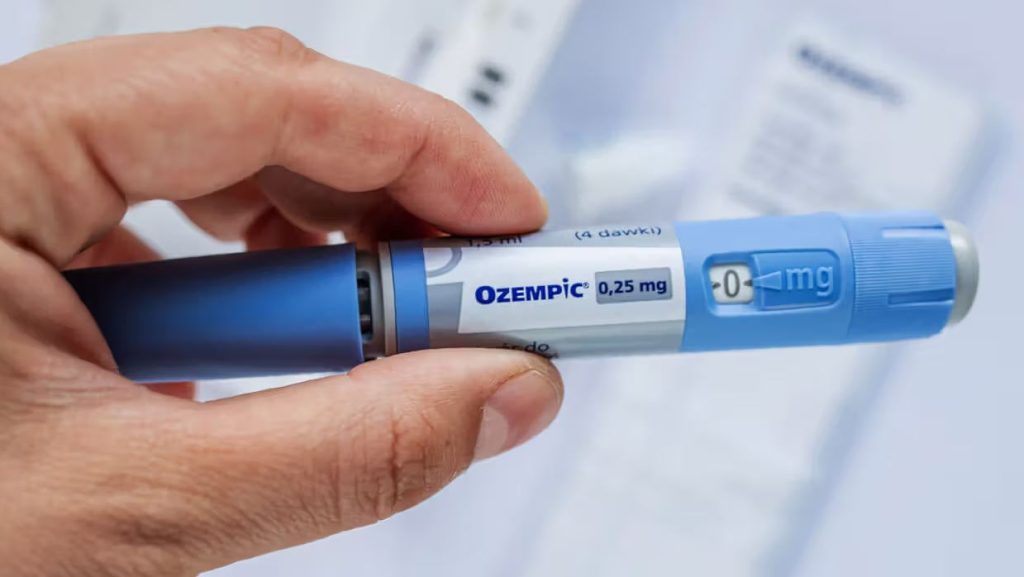American singer-songwriter Avery, known for her songs like “Go Screw Yourself (GSY)” and “Meant to Live,” recently shared a personal health crisis linked to her use of Ozempic. Originally prescribed for type 2 diabetes, Ozempic has gained popularity as a weight-loss aid. However, Avery’s experience underscores potential risks associated with its off-label use.
Avery’s Health Revelation
In a candid Instagram video, Avery disclosed that after a year of using Ozempic, she was diagnosed with significant bone loss, including osteoporosis and osteopenia. She expressed shock at the diagnosis, stating, “I have significant bone loss,” and highlighted that she had osteoporosis in some parts of her body and osteopenia in others. Avery emphasized that she did not obtain Ozempic through a doctor and had a history of an eating disorder, factors that may have contributed to her adverse health outcomes.

Medical Perspectives
Dr. Myro, a medical expert with a substantial online following, commented on Avery’s case, noting that osteoporosis is common among individuals who experience significant weight loss. He explained that rapid weight loss, especially without proper nutrition and weight training, can lead to decreased bone density. Dr. Myro stated, “Doing it without weight training and proper nutrition with lots of protein, huge mistake.”
Broader Implications
Avery’s experience brings attention to the potential risks of using medications like Ozempic for weight loss without medical supervision. While Ozempic is approved for managing type 2 diabetes, its off-label use for weight loss has become increasingly common, raising concerns among healthcare professionals. The European Medicines Agency has initiated a review of GLP-1 agonists, including Ozempic, following reports of adverse effects.
The Rising Popularity—and Risk—of Ozempic
Ozempic, originally developed for managing type 2 diabetes, has surged in popularity due to its appetite-suppressing side effects, leading to significant weight loss in many users. Celebrities and influencers have helped amplify its reputation as a “miracle” weight-loss drug, often without emphasizing the medical risks involved. This trend has raised red flags among healthcare professionals who warn of the dangers associated with unsupervised or off-label use, especially among those without diabetes or other relevant medical conditions. In Avery’s case, the use of Ozempic without medical oversight may have worsened her preexisting vulnerabilities, particularly her history of disordered eating. Experts suggest that individuals with a history of such conditions should be especially cautious, as appetite suppressants can trigger unhealthy behaviors and mask critical nutritional deficiencies.
The Need for Awareness and Education
Avery’s transparency has sparked conversations online, prompting many to reconsider their own approaches to weight management. Her experience serves as a reminder that seemingly quick solutions can come with long-term health consequences. Medical professionals stress the importance of building healthy habits—like balanced eating, strength training, and mental health support—rather than relying on pharmaceuticals for rapid weight loss. As awareness grows, stories like Avery’s may help prevent similar outcomes for others seeking to lose weight.

Conclusion
Avery’s story serves as a cautionary tale about the unintended consequences of using prescription medications without proper medical guidance. Her openness about her health challenges highlights the importance of consulting healthcare professionals before starting any medication, especially for off-label uses. As the popularity of weight-loss drugs like Ozempic grows, so does the need for increased awareness and caution.

















